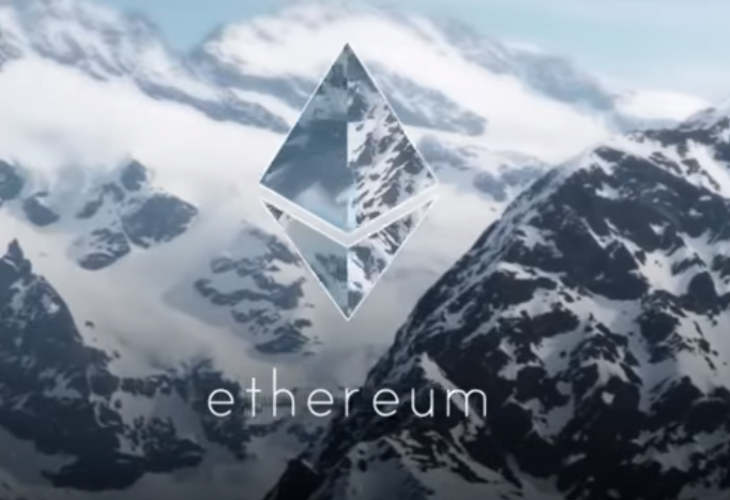Ethereum Founder Buterin shows cases of blockchain from practice
Despite the downward trend and the resulting disappointment of many investors, the adaptation of blockchain technology continues to progress. The founder of Ethereum has shown in a true “Twitterstorm”, which diverse fields of application there are for the blockchain in practice.
Vitalik Buterin, founder of Ethereum, describes in his latest tweets that the blockchain can be used not only for financial transactions and projects, but also far away from them. The scaling is getting better and better and the resulting it becomes easier for users to take advantage of these new innovations. According to Buterin, this part will “considerably influence the history of our time”. Furthermore, he explains that the blockchain is not only used as a means of advertising transport, but that the possibilities arising from cryptography are very diverse.
2. One underappreciated way to view blockchains is as an extension of cryptography that does different things. Cryptography allows you to encrypt data, prove data was signed by someone, etc etc etc…. blockchains OTOH allow you to prove that a piece of data was *not* published.
– Vitalik Non-giver of Ether (@VitalikButerin) December 10, 2018
The blockchain can verify educational attainment, this is already being used in some countries around the world. The Malaysian Ministry of Education recently announced that university degrees can be verified using the NEM blockchain. A similar system was established in the Bahamas at the beginning of the year. Buterin also criticises the fact that awareness has drifted too far into the financial sector and the actual progress is thus pushed into the background, which is much more important than generating simple profits quickly.
4. To check that a degree was not yet revoked, you simply scan the chain and check all of the logs of the revocation contract. If a given degree was signed, and the revocation is not found on chain, then that means it’s still valid.
– Vitalik Non-giver of Ether (@VitalikButerin) December 10, 2018
Furthermore, he emphasizes the great safety as well as immutability of the blockchain. This becomes important, for example, in the case of information that is available to the authorities, since it has often happened that existing information was subsequently adapted without informing the person or company concerned. Storing values in the blockchain is, in his opinion, also safer than storing money on a central server, because the central server might decide to change the rules afterwards. This is not possible within the blockchain, but many wallets are not 100% secure.
13. Another interesting thing that blockchains give is the value of permanence. For example, an ERC721 collectible that you hold in your ethereum wallet is “yours” in a very real cryptographic sense that would not be the case if it was just stored in a centralized server.
– Vitalik Non-giver of Ether (@VitalikButerin) December 10, 2018
This property becomes particularly clear in the case of censorship. Until now, governments have simply had the option of making documents or unwanted information disappear. Blockchain technology prevents this, as permanent storage is possible and no central device (e.g. a server) can be switched off. Buterin already pointed out in the past that the interests in the further development of the cryptomarket should not only follow purely financial interests, but that the progress of the entire ecosystem is important.










